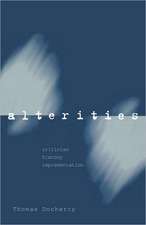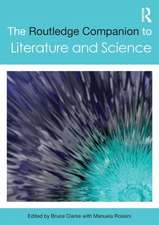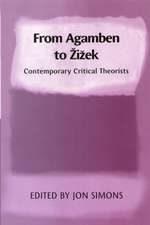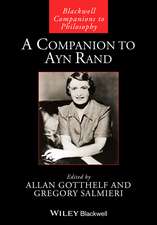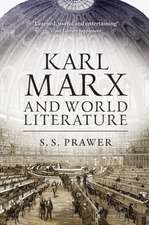Atopological Trilogy
Autor Zafer Aracagoken Limba Engleză Paperback
Preț: 123.78 lei
Puncte Express: 186
Preț estimativ în valută:
21.89€ • 25.79$ • 19.11£
21.89€ • 25.79$ • 19.11£
Carte tipărită la comandă
Livrare economică 09-23 aprilie
Specificații
ISBN-13: 9780692403723
ISBN-10: 0692403728
Pagini: 90
Dimensiuni: 127 x 203 x 5 mm
Greutate: 0.1 kg
Editura: Dead Letter Office
ISBN-10: 0692403728
Pagini: 90
Dimensiuni: 127 x 203 x 5 mm
Greutate: 0.1 kg
Editura: Dead Letter Office

